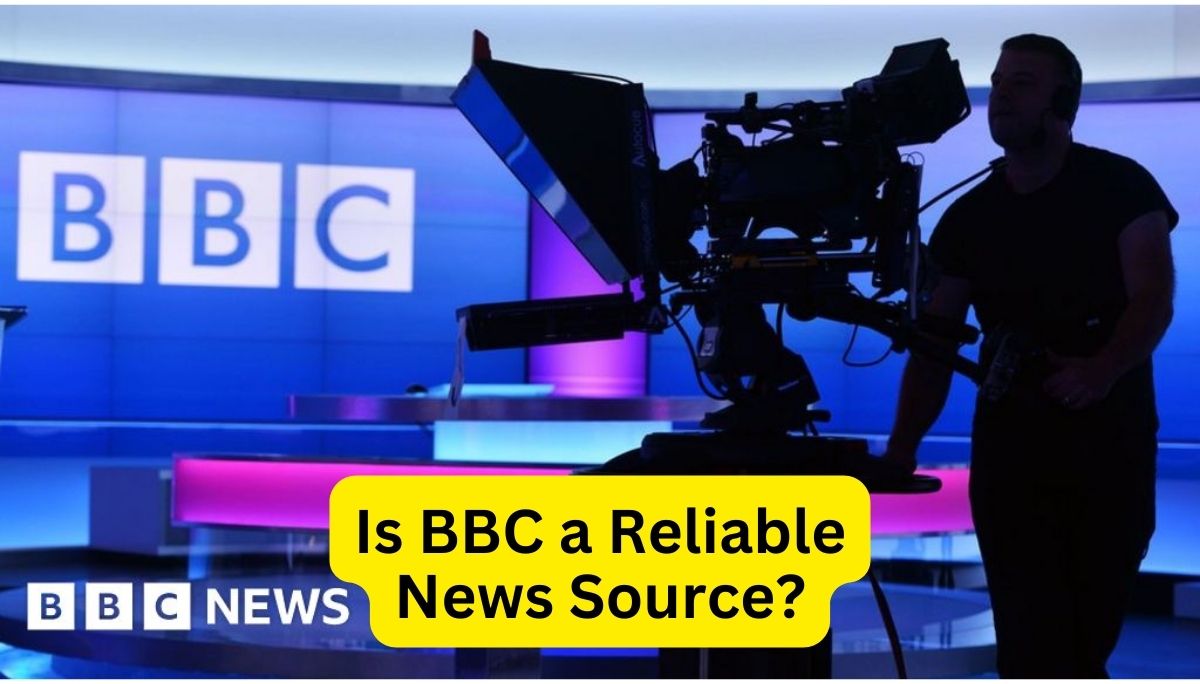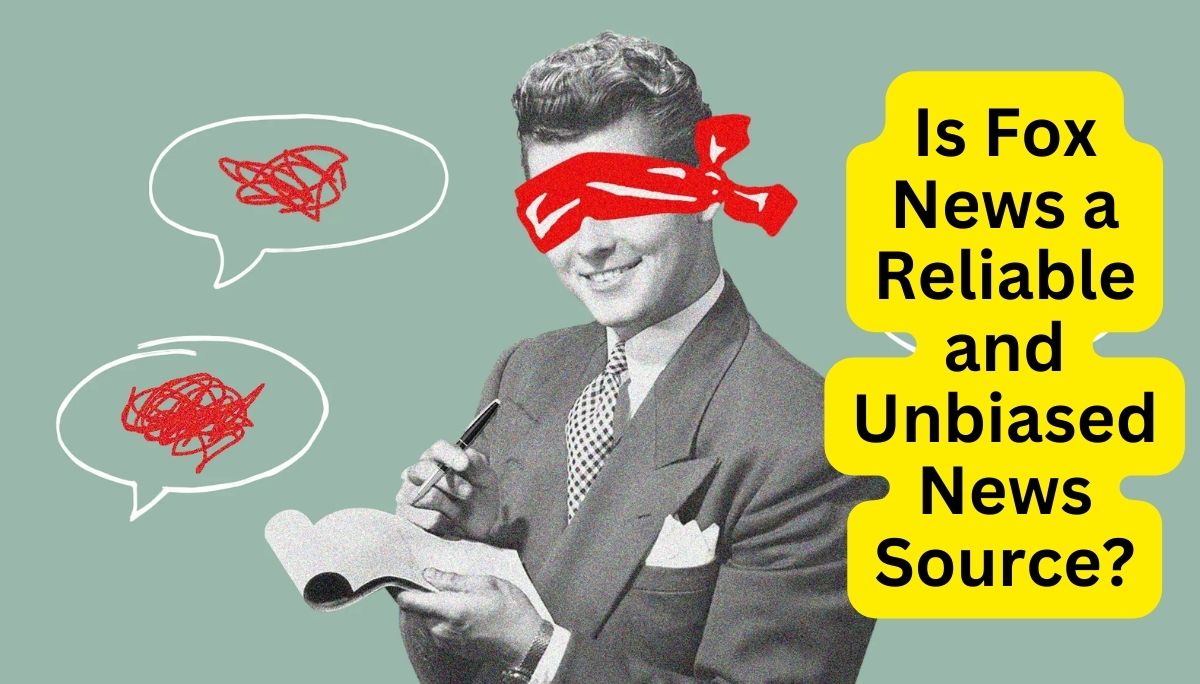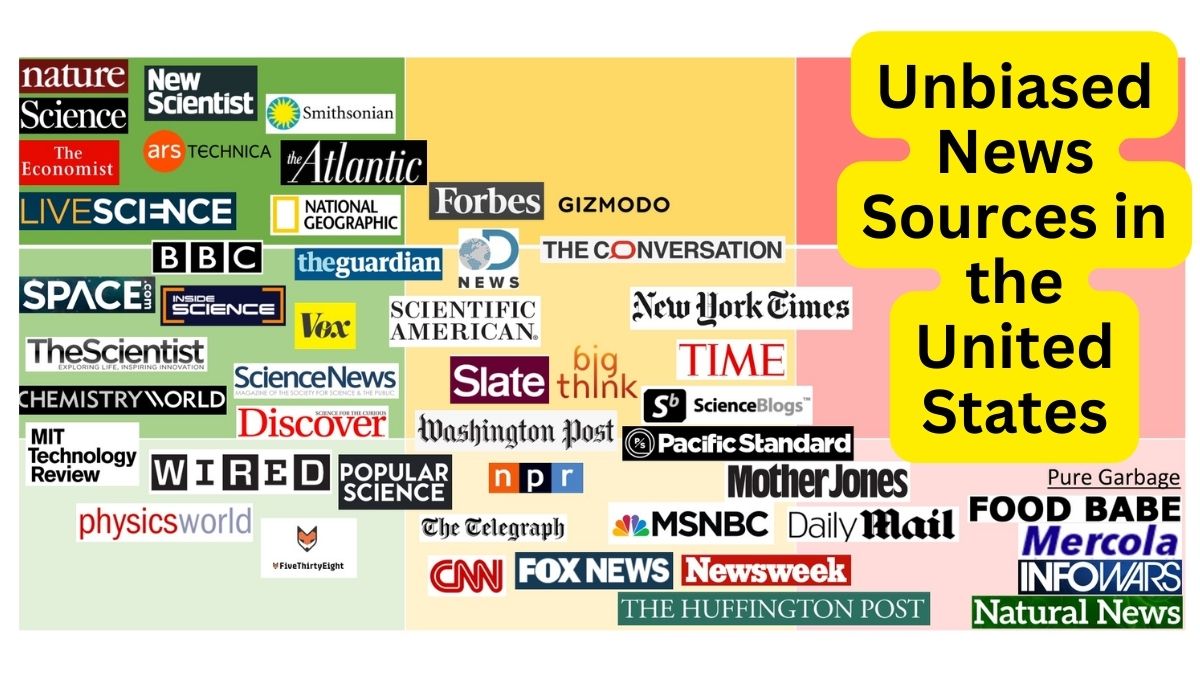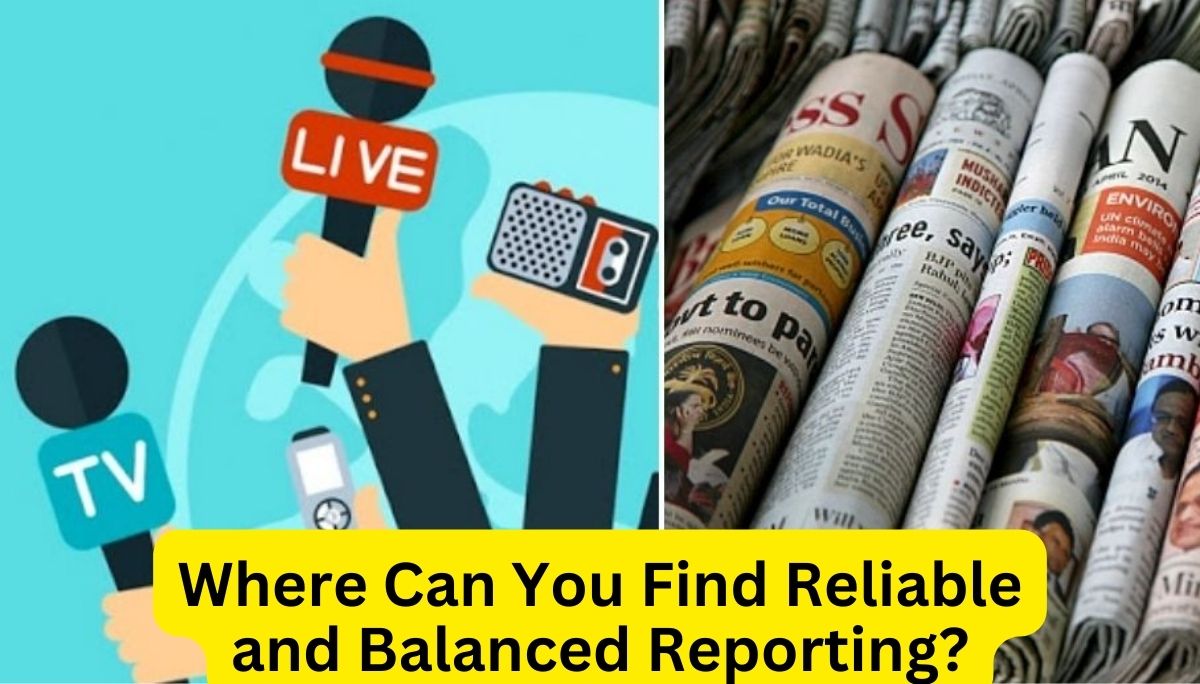Is BBC a Reliable News Source – Explore its strengths, weaknesses, and audience perceptions
In an era of abundant information, discerning credible news sources is crucial. Let’s explore the reliability of the BBC.

Table of Contents
Introduction
In the ever-evolving landscape of news and media, the British Broadcasting Corporation (BBC) stands as an iconic institution, renowned for its commitment to journalistic excellence and impartial reporting. With a global reach and a reputation for trusted news coverage, the BBC has long been a go-to source for millions seeking accurate and reliable information.
However, in an era where the term “fake news” has become a point of contention, and media bias is a subject of intense scrutiny, it’s essential to approach even the most esteemed news organizations with a critical eye and an open mind. This article aims to explore the BBC’s credibility by examining its journalistic standards, fact-checking practices, and accountability measures, while also acknowledging the importance of media literacy and considering alternative perspectives.
Understanding Media Bias
Before delving into the BBC’s credibility, it’s crucial to acknowledge that no news organization is entirely free from bias. Bias can manifest in various forms, including selective reporting, framing, word choice, and omission of relevant information. Even reputable news outlets can exhibit biases based on their editorial policies, ownership structures, or the personal beliefs of their journalists and editors.
To identify potential biases, resources like Ad Fontes Media’s Media Bias Chart can be helpful. This interactive tool rates news sources based on their perceived bias and reliability, providing a visual representation of where different outlets fall on the political spectrum.
The BBC’s Commitment to Impartiality
The BBC has long prided itself on its commitment to impartiality, a core value enshrined in its Editorial Guidelines. These guidelines outline the principles and practices that govern the BBC’s journalism, ensuring that its reporting is accurate, fair, and balanced.
One of the key tenets of the BBC’s impartiality is its commitment to representing a wide range of viewpoints and perspectives. The organization strives to provide a platform for diverse voices and opinions, allowing viewers and listeners to form their own informed opinions on complex issues.
Additionally, the BBC’s funding model as a public service broadcaster, primarily funded through license fees, helps insulate it from commercial pressures and potential conflicts of interest that could compromise its journalistic integrity.
Fact-Checking and Accountability
In the age of misinformation and “fake news,” it’s crucial to hold news organizations accountable and fact-check their reporting. The BBC has several mechanisms in place to promote transparency and accountability:
- Corrections and Clarifications: The BBC maintains a dedicated section on its website for corrections and clarifications, acknowledging and correcting any factual errors or inaccuracies in its reporting.
- External Oversight: The BBC is subject to external oversight from regulatory bodies such as Ofcom, the UK’s communications regulator, which monitors the broadcaster’s compliance with impartiality and accuracy standards.
- Public Consultations: The BBC regularly engages in public consultations, seeking feedback and input from its audience to ensure that it remains accountable and responsive to the needs of the communities it serves.
- Editorial Complaints Process: The BBC has a robust editorial complaints process, which allows viewers and listeners to raise concerns or file complaints about the organization’s coverage. These complaints are thoroughly investigated and addressed.
Alternative Perspectives and Media Literacy
While the BBC strives for accuracy and impartiality, it’s important to acknowledge that no single news source can provide a complete and unbiased perspective on complex issues. To gain a well-rounded understanding, it’s essential to consume news from a variety of reputable sources, including those that may offer alternative viewpoints.
Engaging with diverse perspectives can help broaden your understanding and challenge your own assumptions and biases. Additionally, cultivating media literacy skills, such as identifying persuasive techniques, recognizing logical fallacies, and understanding the influence of bias, can help you become a more discerning news consumer.
Resources like The News Literacy Project and The Center for News Literacy offer valuable tools and educational materials to help individuals improve their media literacy skills.
Frequently Asked Questions: Is BBC a Reliable News Source?
Q: Is the BBC a reliable and trustworthy news source?
A: The BBC is generally regarded as a highly reliable and trustworthy news source, thanks to its long-standing commitment to impartiality, journalistic integrity, and adherence to strict editorial guidelines. However, like any news organization, the BBC is not immune to bias, and it’s important to approach its coverage with a critical eye and a commitment to media literacy.
Q: How can I verify the accuracy of the BBC’s reporting?
A: You can verify the accuracy of the BBC’s reporting by cross-checking its information with other reputable sources, consulting external oversight bodies like Ofcom, and monitoring its corrections and clarifications section. Additionally, engaging in the BBC’s public consultations and editorial complaints process can help promote transparency and accountability.
Q: Should I rely solely on the BBC for news and information?
A: While the BBC is a respected and trusted news organization, it’s important to consume news from a variety of reputable sources to gain a well-rounded understanding of complex issues. Engaging with diverse perspectives and alternative viewpoints can help broaden your knowledge and challenge your own biases and assumptions.
Q: How can I identify potential biases in the BBC’s reporting?
A: To identify potential biases in the BBC’s reporting, look for signs of selective reporting, framing, word choice, and omission of relevant information. Additionally, consider consulting resources like Ad Fontes Media’s Media Bias Chart to assess the BBC’s perceived bias and reliability.
Q: Is the BBC politically neutral?
A: Yes, the BBC is mandated to maintain impartiality in its reporting, ensuring balanced coverage across diverse viewpoints.
Q: Does the BBC have a fact-checking process?
A: Yes, the BBC has a robust fact-checking process involving multiple layers of verification to ensure accuracy in reporting.
Q: How can I verify the credibility of news sources?
A: Look for established journalistic standards, cross-reference information from multiple sources, and consider the reputation and track record of the news organization.
Q: What role does media literacy play in evaluating news sources like the BBC?
A: Media literacy plays a crucial role in evaluating news sources like the BBC. By developing skills such as identifying persuasive techniques, recognizing logical fallacies, and understanding the influence of bias, you can become a more discerning news consumer and better equipped to separate fact from fiction.
In conclusion, the BBC is widely regarded as a trusted and reliable news source, thanks to its long-standing commitment to impartiality, journalistic integrity, and adherence to strict editorial guidelines. However, it’s important to approach the BBC’s reporting with a critical eye and a commitment to media literacy. By engaging with diverse perspectives, fact-checking information, and holding news organizations accountable, we can navigate the complex media landscape and form well-informed opinions based on accurate and unbiased information.






